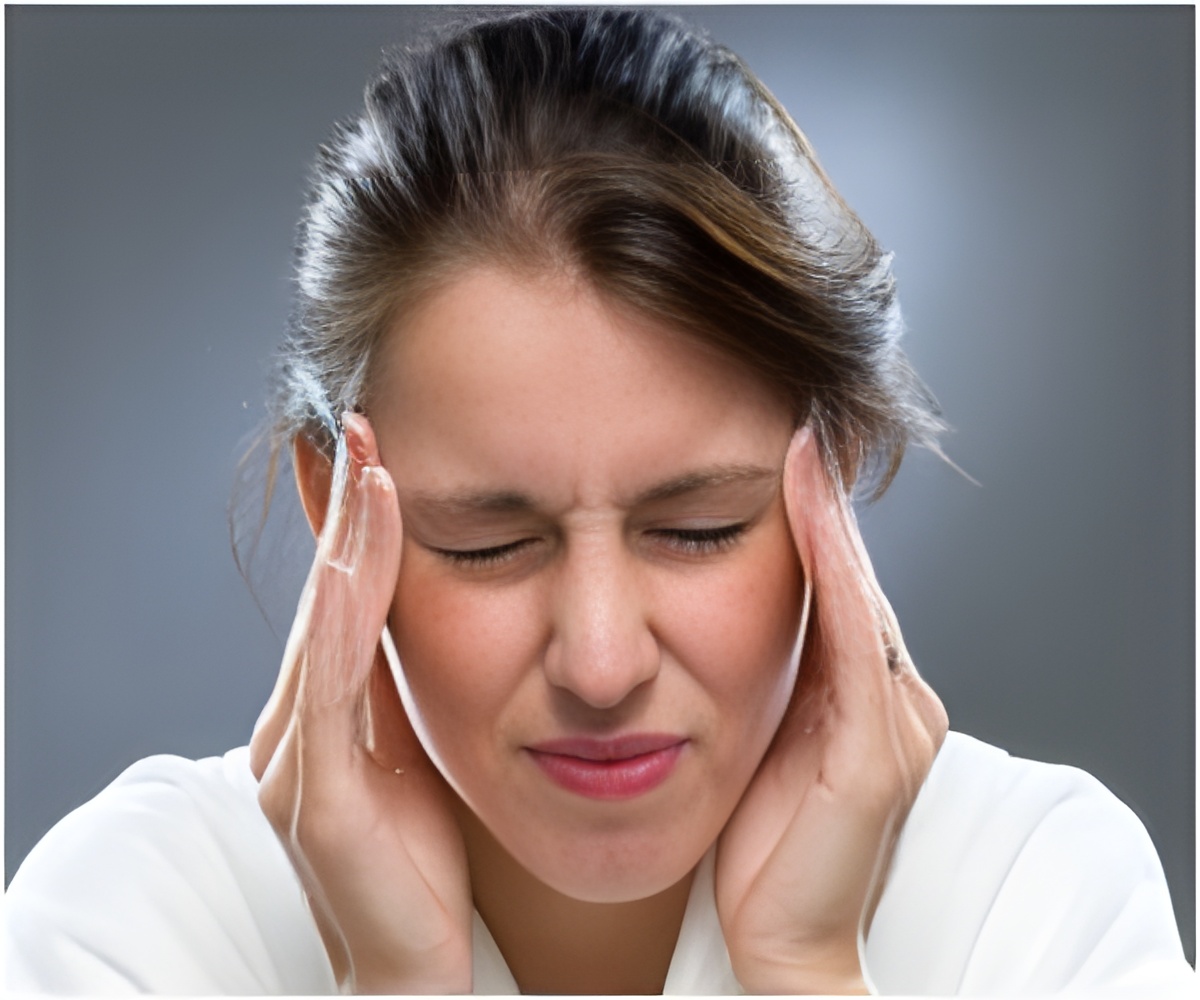
The new study collected data daily from 232 adult participants for 16 months-a longer duration than usual for evaluations of new therapies.
"Migraines are a long-term disorder and we wanted to closely monitor participants every day for at least 16 months to find out if these treatments keep working over time," Holroyd said.
Participants needed to experience at least three debilitating migraines per 30 days, even when using the best acute migraine medication (which is taken when a migraine first occurs), to qualify for the project.
On average, participants recorded 5.5 migraines and 8.5 days with migraine per 30 days, despite using the acute migraine therapy best suited to their needs.
Participants who continued to experience severe migraines were assigned randomly to have one of four treatments added to their existing therapy.
Advertisement
The combined therapy group showed the greatest improvement in the number of migraines, days with migraine and in quality of life, the researchers report.
Advertisement
The study has been published this week in the British Medical Journal.
Source-ANI









